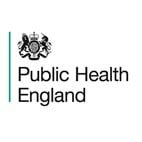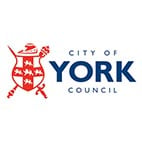Stop animation

We make software that helps deliver critical services for citizens all around the world.
Over 5,000 public bodies globally use our software to help provide critical services to over 100 million citizens. From local government to central government, to education, to health and care, we are a global GovTech champion, helping to serve citizens.
100
government departments & agencies
100million+
global citizens supported
2.5million+
global professionals supported
Our cross sector capabilities

We now have an up-to-date and accurate picture of every person served by the department, which means we have a holistic view of the cost of service provision and can ensure that every person receives the best, most joined-up service possible."
Our customer stories
Our latest news & insights
Connect to the future
In volume 5 of our award-winning Perspectives* series, we team up with Amazon and public sector leaders to explore the potential of connected devices.
So, strap yourself in as we push past 88mph and help public services connect to the future.
Find out more































